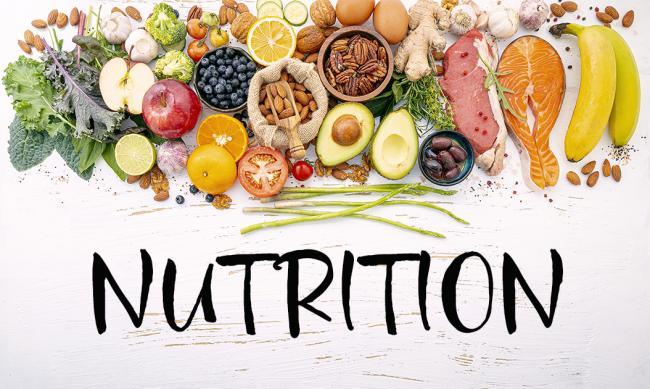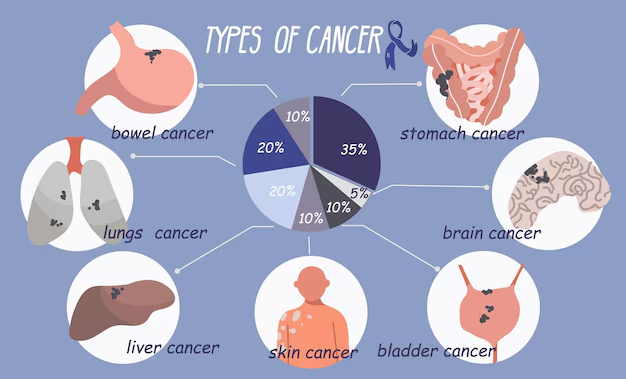Exploring Gut Health & Mental Health Connection
Are you exploring the connection or link between gut health and mental health or how gut health impacts your mental or emotional well-being? However, the gut-brain is the bidirectional network of communication between the brain and your gut. Neurotransmitters and hormones are produced by gut microbiota which can affect your behavior and mood. However, many researchers can highlight the impact on overall well-being towards the gut-brain significant axis. However, if you want to maintain a good & healthy gut environment that is optimal for emotional well-being and brain function. Then follow the essential strategies as we mentioned below.
Additionally, many studies have shown disruptions in your gut microbiome such as inflammation or dysbiosis which can cause a few mental health disorders such as depression, anxiety, and neurodegenerative diseases.

Essential Strategies To Support Your Gut Health
- Fiber-rich diet:
You can consume a diet that is rich in fiber including whole grains, vegetables, fruits, legumes, and more. However, it can promote healthy gut health which can support good or beneficial bacterial growth in your gut microbiome.
- Stay Hydrated:
Drink a lot of water or an adequate amount of water to stay hydrated for the whole day. However, that supports digestion and helps maintain the mucosal lining of your gut.
- Probiotics:
You can include probiotic-rich foods such as yogurt, kimchi, kefir, pickles, and more. However, these can introduce the gut to beneficial bacteria and maintain a healthy balanced environment for microorganisms.
- Reduce Stress:
You can reduce or manage stress through mindfulness techniques such as deep breath exercises, meditation, yoga, and more. However, these can have a positive impact on your gut and mental health. Promoting a healthy gut-brain axis and reducing inflammation.
- Prebiotic:
You can eat prebiotic foods like onion, garlic, bananas, and more. However, these can provide beneficial gut bacteria and their growth and diversity.
- Quality sleep:
You can get 8 hours of adequate amount of sleep called quality sleep. However, repairing and regenerating cells essential for gut health and gut lining.
- Physical activity or exercise:
You can engage yourself in daily exercise or physical activity it can support your gut health by promoting circulation and motility in your digestive system. However, Helpful for eliminating toxins and waste.

Buy now the CBT+ACT+DBT workbook
These are the essential strategies to support your gut and mental health connection. However, you can also get guidance if you need it from your dietician or healthcare provider.
Mental Health & Gut Microbiota Role
The gut microbiome is a microorganism complex community that is present in your digestive tract. However, it plays a vital role in regulating several physiological processes such as neurotransmitter production, immune function, and metabolism. However, many researchers can highlight the impact on overall well-being towards the gut-brain significant axis. Which include hormonal, neural, and immune pathways.

Additionally, the synthesis of neurotransmitters which include dopamine, serotonin, and GABA (gamma-aminobutyric acid). However, essential to regulate your mood, emotional responses, and cognition. Whenever there are imbalances in the neurotransmitters then you can experience anxiety, depression, and stress.
However, the gut microbiome can stimulate the short-chain fatty acids (SCFAs) production. Metabolites, that have anti-inflammatory and neuroprotective effects. However, the SCFAs can help to maintain the gut barrier, support brain functions, and regulate immune responses. Additionally, alterations in SCFA levels that linked to cognitive impairment and mood disorder.
Avoid Some Habits Or Foods That Disrupt Your Gut Health
- Avoid Antibiotics:
Antibiotics are essential to inhibit bacterial infection but avoid overdose, or unnecessary use of antibiotics. However, it can disrupt your balance of gut bacteria or beneficial microorganisms and may lead to long-term imbalances in gut health.
- Avoid Processed Foods:
Avoid processed or preservative foods, rich in refined sugar, artificial additives, and more. However, it can promote inflammation, disrupt beneficial gut bacteria, and promote glucose tolerance.
- Avoid High Fat Food:
Avoid high-fat foods or consumption of saturated fats and trans fats that can alter the gut microbiome and cause gut dysbiosis.
- Avoid Low In Fiber Diet, chronic stress, and excessive alcohol consumption:
Avoid a low-fiber diet, chronic stress, and excessive alcohol consumption because it can disrupt your gut balance microbiome and your digestive health. Additionally, it can also irritate your gut lining.
Avoiding these habits and foods that disrupt your gut health can support your gut and mental health connection.

Conclusion
You can get a good gut and mental health connection by maintaining a healthy, balanced diet rich in probiotics, fiber, and more. However, reducing stress and anxiety can disturb gut health. Additionally, inflammation in the gut can cause mental health disorders, your mood, and behavior. However, neurotransmitters and hormones are produced by gut microbiota which can affect your mood and behavior.












3 thoughts on “Exploring Gut Health & Mental Health Connection”